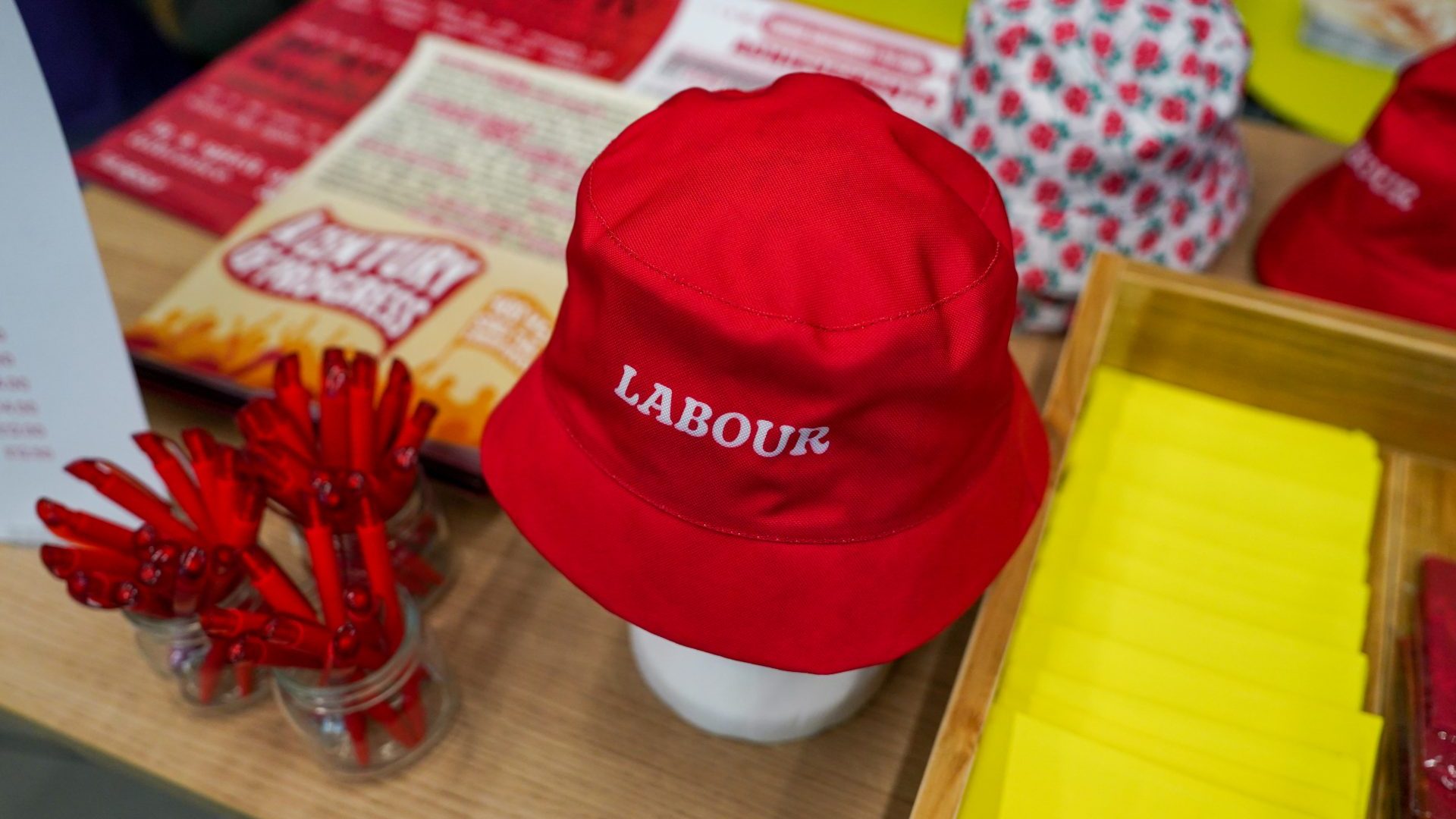What’s a political party? This may sound like a GCSE question, or a deeply philosophical one, but it is anything but. Is a political party made by its members, its elected representatives, its apparatchiks, a combination of all three?
It’s a question which has been hiding in plain sight for some time in Westminster, and recently surfaced again as a topic of discussion. Earlier this week, the Times published an intriguing story about Labour potentially planning to change some of its internal rules at their next conference.
The idea, apparently nicknamed “the Liz Truss lock”, would prevent Labour members from voting in any leadership contest while the party is in government. Its aim would be to prevent a rerun of the last Conservative run-off, which lasted for what felt like decades, and led to… well, the clue’s in the name.
Already, the left of the party has threatened to try and block the attempted reform, which they see as a naked attempt to keep only the ruling faction in Downing Street. It will be an interesting debate over in Liverpool, but is worth looking at as a slightly more existential conundrum.
After all, the Conservatives, now safely in opposition, are also looking to their members right now. You may not have followed their leadership contest closely, as it has frankly not been riveting so far, but the game is a simple one: whoever can appeal to their selectorate will win.
MPs may technically have the first choice, as they are the ones who will turn the longlist into a much shorter one, but they know that the victor is likely to be the person who, of the top two, is the one furthest to the right.
Once it becomes apparent who will make it through to the last round, many of them will begin to coalesce around the person they believe will win. That is, for the most part, the only way they can manage to get frontbench jobs once that person does get elected. That is why Liz Truss managed to get so many nominally sane MPs to endorse her.
It is also a vicious cycle, as the very fact that she got those nominations made it more likely that members would vote her in. As I wrote in Haven’t You Heard, the promise of future power in Westminster is power in itself.
An obvious solution would be to remove members from the leadership selection process altogether, as Starmer’s allies would clearly do if they believed they could get away with it. Still, it would only ever bring us back to that original question: what’s a political party?
Their members often are enthusiastic weirdos whose views are miles away from the political mainstream on a number of issues, and it would make sense to sideline them entirely. That way, there would be no Truss or Corbyn 2.0. Still, “enthusiastic” and “weirdos” are equally important words here.
Political parties, especially in Britain, rely on armies of volunteers to deliver leaflets, canvass and speak to real people. Elections can often be won and lost on the doorstep, as most normal voters just don’t read the news as much as you and I do.
These members attend endless meetings and pay to go to conference every year and, in a way, there would be no parties without them. It would be tough to ask them to do all this for free yet give them no power or say over anything in return.
In short: it is a tightrope for politicians to walk on. This probably explains why it is a topic they’re always happy to complain about in private, but will rarely ever mention in public. It’s an understandable impulse, but will do little to solve those tensions in the long term.
Knowing the Labour Party, it feels unlikely that the debate at conference will turn into anything but factional warfare, but it could and should be treated as an opportunity to discuss those fundamental internal dynamics. The Tories would also do well to have an honest conversation about it too but, well, let’s not hold our breaths, shall we?












